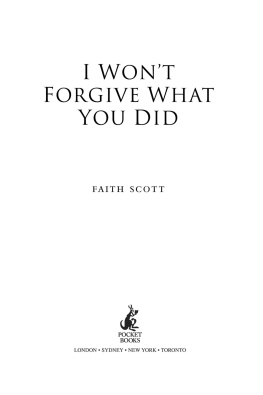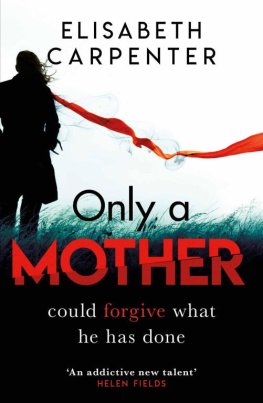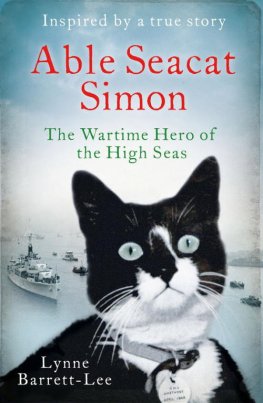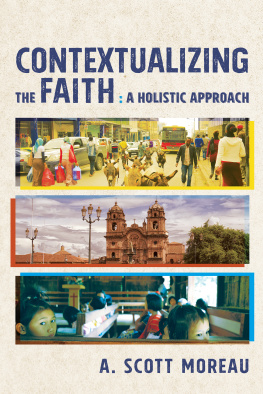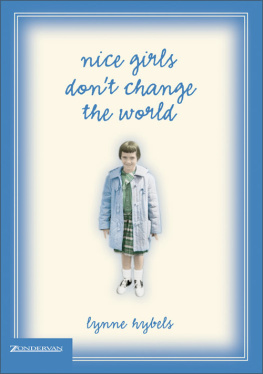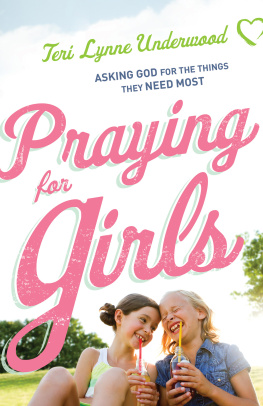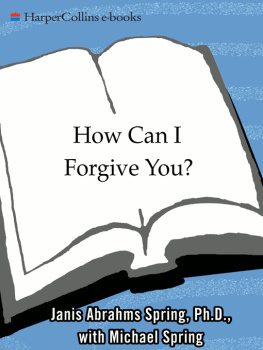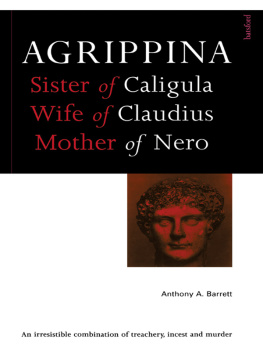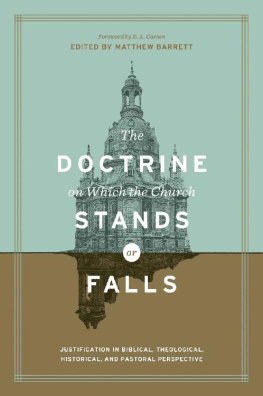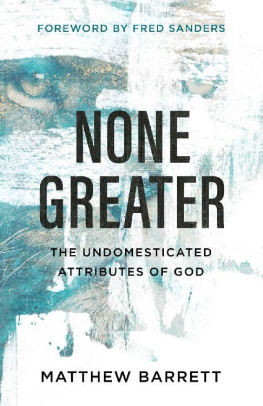
I W ONT F ORGIVE
W HAT Y OU D ID

First published in Great Britain by Pocket Books, 2010
An imprint of Simon & Schuster
A CBS Company
Copyright 2010 Faith Scott with Lynne Barrett-Lee
This book is copyright under the Berne convention.
No reproduction without permission.
All rights reserved.
The right of Faith Scott and Lynne Barrett-Lee to be identified as the authors of this work has been asserted by them in accordance with sections 77 and 78 of the Copyright, Designs and Patents Act, 1988.
Simon & Schuster UK Ltd
1st Floor
222 Grays Inn Road
London WC1X 8HB
www.simonandschuster.co.uk
Simon & Schuster Australia
Sydney
A CIP catalogue record for this book is available
from the British Library.
ISBN: 978-1-84983-156-7
eBook ISBN: 978-1-84983-157-4
Typeset by Hewer Text UK Ltd, Edinburgh
Printed and Bound in Great Britain by
CPI Cox & Wyman, Reading RG1 8EX
P ART O NE
C HAPTER 1
Though he was only in his sixties in 1963, when I was eight, Grandpops always seemed old to me. He had a bald head with just a little white hair remaining, which ran in a semicircle round the back of his head. He still had enormous black eyebrows, however, which sat above round tortoiseshell glasses.
He was short, and he always dressed the same waistcoat, white open-necked shirt, no tie, battered black boots and baggy trousers. He also had a peaked cap that he wore everywhere. Even indoors it rarely came off. For some reason Grandpops always wore a suit jacket, often with another jacket over it. The pockets were filled with all manner of things: screws, pens, washers, filthy hankies, betting slips and, most importantly to me, sweets.
His hands seemed large, but then, when I was little, most mens did, probably because when they touched me that was what I noticed. Pops were dark brown and dirty, just like his teeth, which were rotting and broken, with several missing. He had horrid breath, and fingernails that were broken and snagged. He always smelled of alcohol when he came to our house, because hed spend several hours in the pub before he visited, intermittently leaving to visit the betting shop, to gamble on the horses. It was from here that he used to either stagger down the hill or catch the bus to our house, invariably laden with flowers and vegetables from his garden, which hed bring for my mother. Sometimes, he was so drunk that he fell over on the pavement and at least once had to go to hospital for stitches to his head. Despite his appearance and manner my mother was very close to him. My father, conversely, seemed to hate him.
Pops always visited on Saturday; had done for as long as I could remember. Wed sometimes have to get the bus to see him in the week, too, more often than not at his house. Pops house was just the same as Pops filthy and full of junk, it smelled of wine and dirt, and inside the walls were covered in black mould. The huge table in the kitchen was always covered in dirty, half-drunk tumblers of wine, similarly half-consumed bottles, gone-off food usually cheese, bread and fried eggs and, on the Rayburn, there was often a saucepan of some unpleasant-smelling stew. There were various buckets, in which all kinds of things fermented: dandelion, rhubarb, parsnip, carrot, and every type of hedgerow fruit that could be used to make alcohol.
He had been a sniper in the war and was a good shot, and would stand by the door to his kitchen shooting blackbirds with his rifle. I couldnt bear seeing the poor blackbirds fall from the sky, fence or tree. He also had a menacing-looking handgun, which he kept under his pillow, and I always used to think that, if I upset him, one day he would use it on me. Ironically, he always used to try to stoke my fear, but in an entirely different direction. Keep away, he used to tell me, from bastard Ken, who lived next door. He cant be trusted around little girls. Hed often shoo me indoors, and lock us both in for good measure, which scared me almost as much. Even if we just went down the garden, hed lock the door, because he said Ken was a thief and would go into his house and steal his things. Pops also told me Ken would go into his garden, when Pops was out, and dig up his vegetables and flowers to give to women he fancied, pretending hed grown them himself. And according to Pops, sometimes he put poison in Pops garden, which was why his crop was poor at times. It was confusing listening to what Pops believed about Ken, and scary. Nowhere and no one felt safe.
I watched his arrival now, from behind the kitchen door, the place I habitually stationed myself on Saturdays, when he came to visit. My mother being her fathers daughter in most ways, meant our house, only the second I had lived in, was every bit as filthy as his. It was bigger than our first home, quite large in comparison; if it hadnt been quite so full of rubbish it had a sitting room, dining room and kitchen, all connected I could have run around it in a circle. As it was, the dining-room doors always remained closed because it wasnt a room we could use. There wasnt any space left in it, because it was full of clothes and newspapers and crockery.
Back then, I didnt know why Pops frightened me so much, only that I felt the familiar anxiety well up as he tried to coax me from where I was standing. One Saturday, I remember, he was in the kitchen talking to my mother, who was making him his usual cup of tea. In his hand were the sweets, several packets, which he would have bought on the way. Sometimes it would be Fruit Pastilles, or maybe Love Hearts, and at Easter, an Easter egg, made from cheap, odd-tasting chocolate. But Fruit Gums were the ones I loved best, because I could hold them tightly in my hand to warm them up a little, which made them tastier and easier to chew. I could see one of the packets today was Fruit Gums.
Come and get them, then, he said. Pops never used my name. Come on. Im not going to hurt you. As was always the case, I felt crushed by indecision, unable to make up my mind. I couldnt work out what was the matter with me. Why did I hesitate? Why did I feel so much fear? I was only being offered sweeties, for goodness sake. Im not going to hurt you. He said this a lot. But I needed to work out from the tone of his voice whether, this time, he actually meant it; whether he would get me, because if he did and he mostly did I felt panicked and trapped because I couldnt get away and, much as I was desperate to shout Help! Stop tickling me! no sound would come out of my mouth.
I stood rooted to the spot, unable to act, and frustrated with my small self for being in such a state. On the one hand, I wanted to be with my grandad, enjoy his attention, have him laugh at me something no one else did. And yet it also felt bad. I felt bad. But how could that be? He was Pops. Why on earth would he want to hurt me? He loved me.
I simply couldnt understand why I should so mind him tickling me, and wished I was not so pathetic and small. If I was bigger, I thought, it would all be all right. I glanced, as I always did, at my mother. Why was I so silly about Grandpops touching me? She knew what he was doing she could see it for herself and if she thought it was okay, why didnt I? This is what grandads did, didnt they? They tickled you, all over, until it hurt. I felt upset when I thought about it, wanted to burst out crying, but I didnt. I felt bad that I didnt like it, and also sad about my mother. How badly I wished I could explain how I felt or, better still, that she somehow just knew what was happening and stopped it, without me having to say anything. But once again I reminded myself, this was what grandads were for. Grandads tickled, and all children liked being tickled. So it must be my problem, mustnt it? Must be me that was the problem. Why on earth did it make me feel so strange and bad?
Next page
